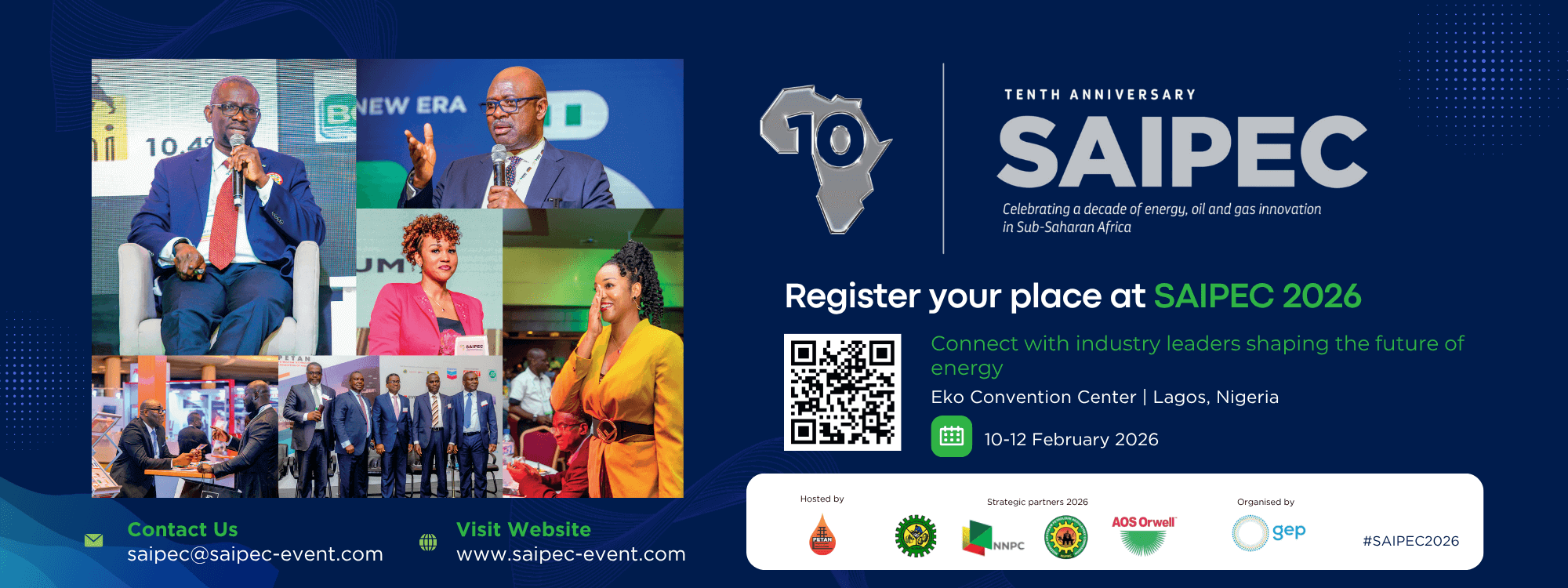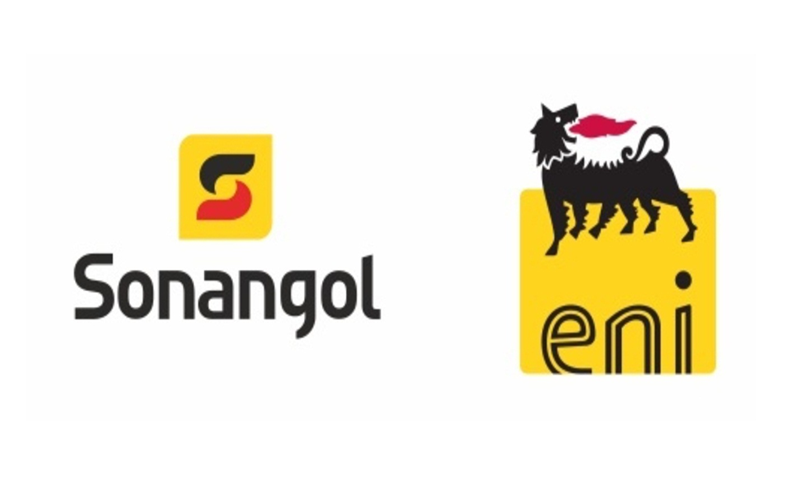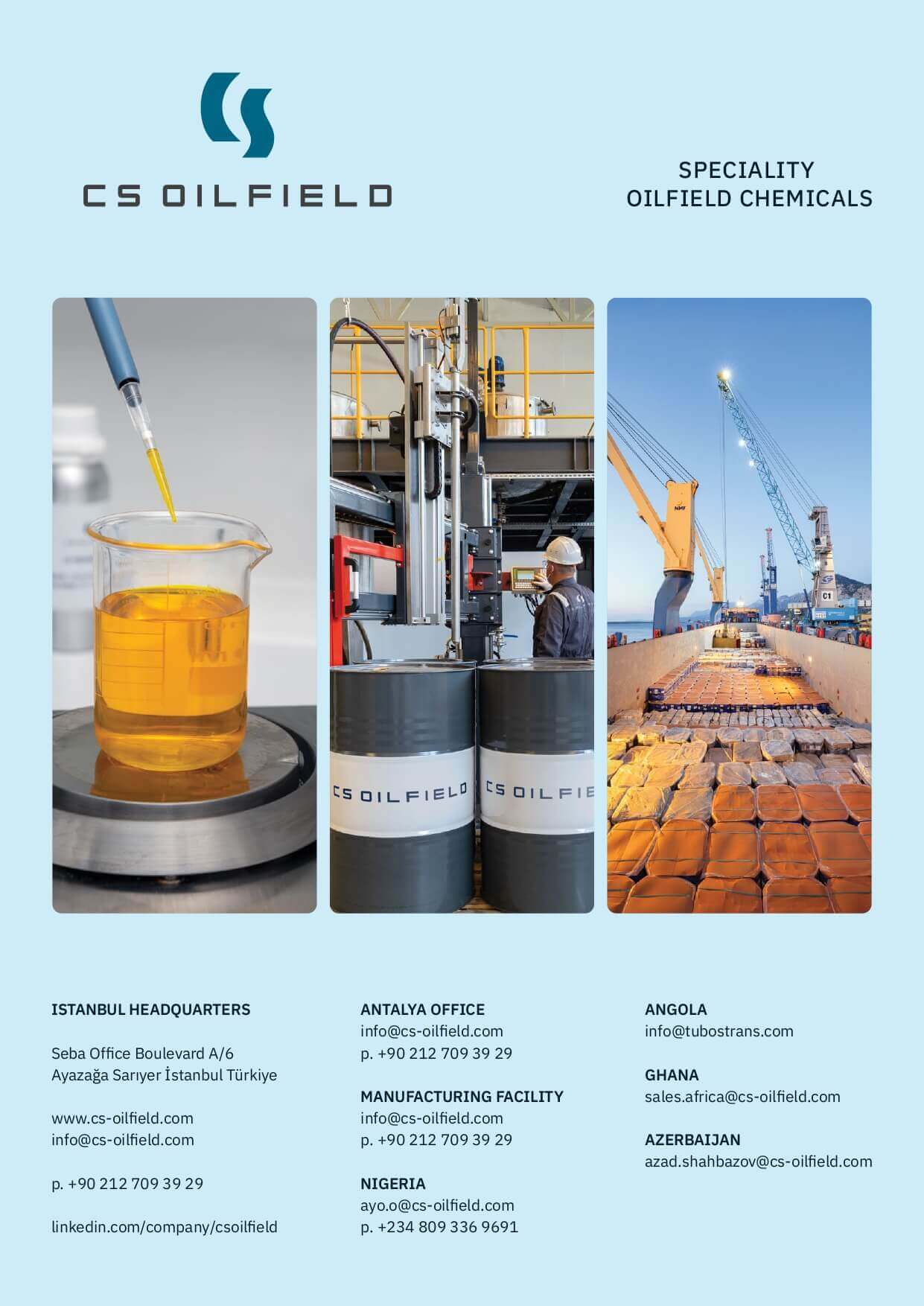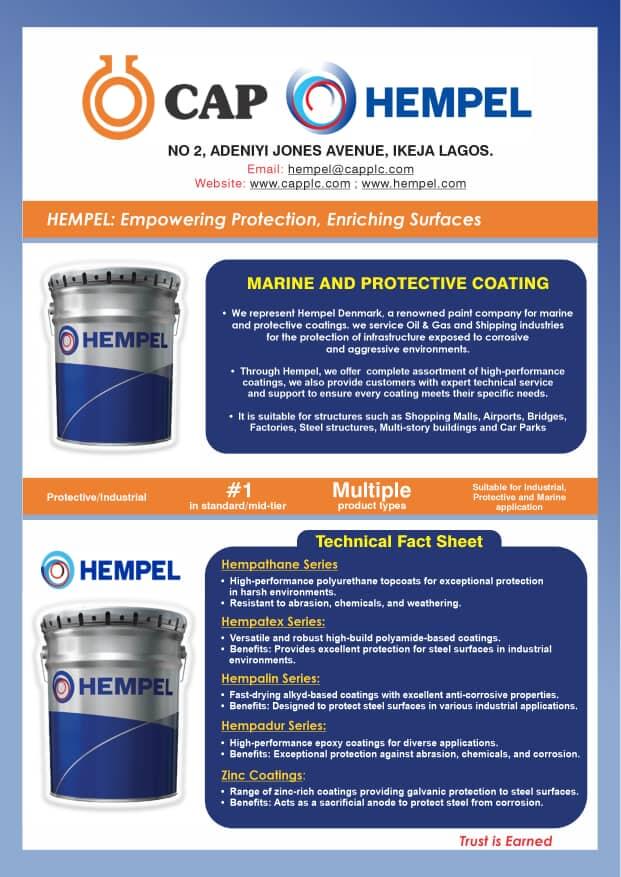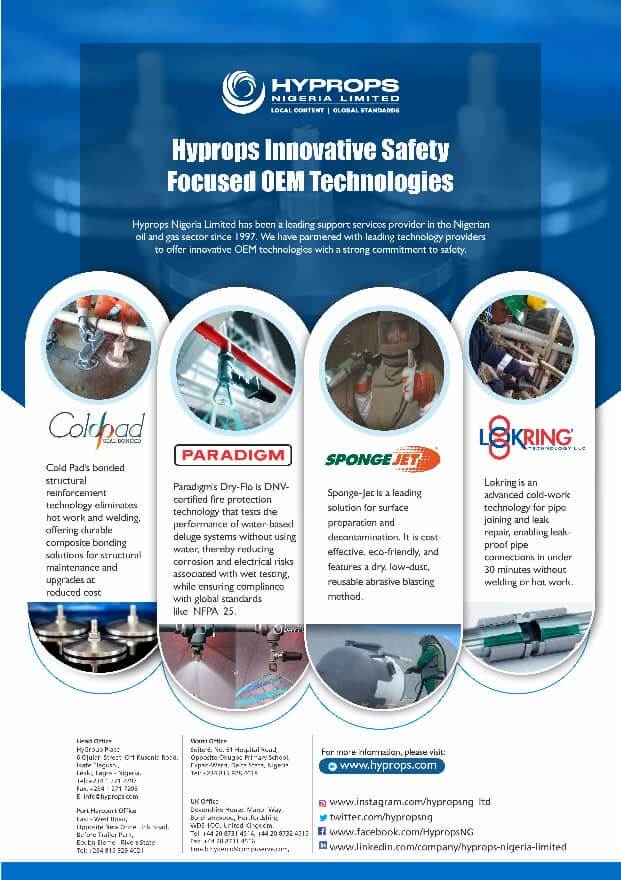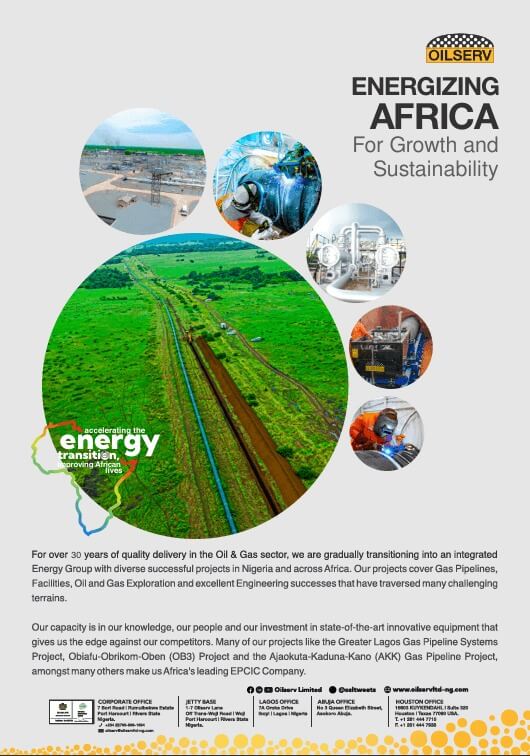The CEO of Eni Claudio Descalzi and Chairman of the Board of Directors of Sonangol Sebastião Pai Querido Gaspar Martins have signed in Rome a Memorandum of Understanding (MOU) to further expand the scope of the cooperation between the two companies by developing studies in the agribusiness value chain and in other sectors of decarbonization, including energy transition minerals and innovation ecosystem. The MoU was signed at the presence of the President of Angola João Lourenço and of the Prime Minister of Italy Giorgia Meloni, in the framework of the state visit of President Lourenço to Italy.
Under the terms of the MoU, Eni and Sonangol will jointly identify and assess opportunities in the areas of Energy transition, including agro-industrial supply chains for the production of low carbon fuels, valorization of residual biomass and green ammonia for agro-industrial applications. Also, the companies will evaluate Agribusiness opportunities, with studies to promote synergies between national agricultural food and bio-energies value chains with a focus on improved seeds and biotechnologies, mechanization, fertilizers and logistics services. Other areas of cooperation might include energy transition minerals, such as those used in the production of batteries and renewable energies, and the Innovation ecosystem, including capacity building, assessment and development of innovative technologies and digital solutions in the fields of energy transition and agribusiness also through the support to the environment of start-ups and small medium enterprises (SMEs).
The Memorandum builds on the good progress of the MoU signed by Eni, Sonangol and Agência Nacional de Petróleo, Gás e Biocombustíveis de Angola (“ANPG”) in October 2021 to identify cooperation opportunities in the Republic of Angola in the fields of bio-feedstock, and circular economy. The MoU is in line with Sonangol’s decarbonization vision to invest and implement energy projects derived from cleaner sources, and with Eni’s strategy to play a pivotal role in the overall decarbonization process, including by promoting a greater recourse to renewable energy sources and other low carbon energy vectors and technologies, in compliance with the provisions of the Paris Agreement on Climate Change and the Sustainable Development Goals.
Rome – Genoa, 29 May 2023 - RINA, an international company specialising in inspection, certification and engineering consultancy, and Eni have signed an agreement to jointly develop initiatives that can contribute to the energy transition and decarbonisation of their respective operations and particularly maritime transport, where RINA and Eni can benefit from each other's expertise.
Specifically, the agreement focuses on the use of HVO (Hydrogenated Vegetable Oil) biofuel produced by Eni in its Venice and Gela bio-refineries, as well as of other energy carriers such as “blue” or “green” hydrogen and ammonia from biogenic, renewable or waste raw materials not competing with the food chain, in the naval sector. Moreover, the partnership encompasses the development of initiatives for the logistics and value chain of new energy carriers, and the adoption of certified methods for the "taxonometric" calculation of the emissions benefits they will generate.
Eni and RINA will also consider carrying out experiments and pilot projects related to the on-board capture of CO2 emissions in order to further contribute to pursuing the naval sector's sustainability goals.
Ugo Salerno, Chairman and CEO of RINA, said: «Cooperation between companies is the way forward towards the common goal of decarbonising industry and transport. By sharing know-how and experience with Eni, we will contribute to developing innovative energy supply models. Our collaboration will begin by focusing on the maritime sector, a diversified and hard-to-abate industry that can draw on initiatives already adopted by other industrial segments to decarbonise operations».
Giuseppe Ricci, Chief Operating Officer for Energy Evolution at Eni, said: «Eni and Rina can make a significant contribution to the decarbonisation of maritime transport with their wealth of expertise and technological capabilities. Following a technology-agnostic approach, we are exploring multiple solutions. Thanks to this agreement, we will have the opportunity to study and develop them in the short, medium and long term, with the objective of making maritime transport more sustainable and meeting the needs of shipowners and logistics operators».

